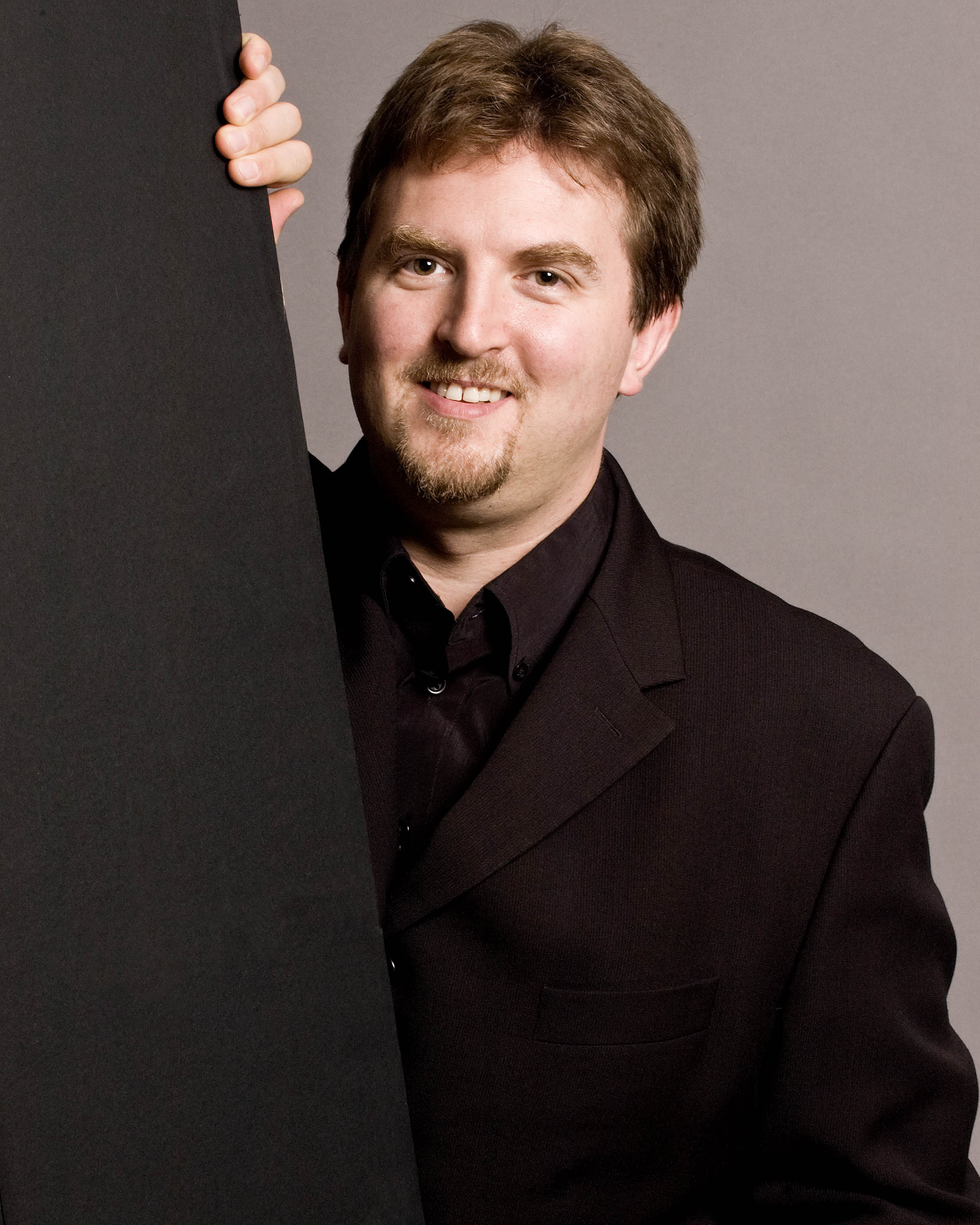BPO – Bach St Matthew Passion – BFC, Robert Howarth (conductor)
This is how it used to be done – not in Bach’s day but in the 60s and before: a massive double choir (The Brighton Festival Chorus) and a modern symphony orchestra divided in two, with two organs and a classy set of operatic soloists. Great risks were taken by the Brighton Philharmonic because audiences today, especially in Brighton which has a long tradition of authentic Early Music, are very aware of informed performance practice. Old Bach may not have had such large forces but Mendelssohn, who revived Bach’s music for the 19th century, would have been glad of so many accomplished musicians.

Robert Howarth
The opening chorus began at a steady pace, majestic and grand as the two main choirs set the scene, with clear diction and articulation. They had certainly done their homework. The ‘Lamb of God’ chorale tune of the ripieno choir soared above, punching through the rich textures. Unfortunately it was accompanied by a shrill, dog-whistle stop on the main organ, two or more octaves above the written notes, which I found painful.
Whatever, the augmented Brighton Festival Chorus was on top form and all their hard work paid off wonderfully. Where did they find so many well-behaved tenors? Questioning the rough sound in the Thunder and Lightning chorus, I was told they were indeed instructed to shout! That special effect was not lost.
This great Passion depends very much on the quality of the Evangelist, and James Oxley is as good as it gets. Singing out from behind Orchestra 2 he held the whole auditorium enthralled in a powerfully dramatic and perceptive performance. Robert Howarth on the chamber organ, along with Peter Adams on either his cello or a feisty viola da gamba, realised a very authentic continuo. I particularly enjoyed hearing the rich cello resonances full-on, as Adams was on this occasion facing the audience. Matthew Brook responded with the full dignity and bass strength required for Christus. The principal dialogue of this drama was assured. The other characters in the Passion story were sung to great effect by members of the chorus. My single note would be that unless they were the only person standing it was difficult to locate them in the crowd. One soprano successfully indicated her presence by lowering her copy (of course she was singing her few lines from memory) and swaying emotively towards both sides of the audience.
Bach’s glorious arias, jewels of the Baroque repertoire, are delivered by four soloists. Distinguished soprano Gillian Keith captured the fragility and pathos of the Passion but her vibrato did not match Christine Messiter’s seductive flute in ‘Aus Liebe’, which gave the impression of pitch difficulties. Patrick Terry was excellent in the various countertenor recitatives and arias but outstanding in the beautiful ‘Erbarme dich’, an aria that seemed written for his voice, answering Ruth Roger’s plaintive violin. Tenor Guy Cutting and Alun Darbyshire’s oboe (d’amore or da caccia, I couldn’t tell which) broke our hearts with his first aria ‘ Ich will bei meinem Jesu wachen’. This was stylish performance of the highest quality. Ashley Riches’ bass arias were the most operatic and dramatic. Sometimes blustering, often sweetly gentle, high and low, he came into his own in the second half, especially with ‘Mache dich, mein Herze rein’. Occasionally I would have preferred less orchestra, mighty-in-sound, so that I could hear more of these fine soloists. Michael Mace also stood out with the vigour of his cello accompaniment.
Perhaps this concert was an essay in nostalgia, recalling the imposing performances of Vaughan Williams and Klemperer. I usually prefer Bach performed by smaller forces but anyone put off by the large choir and modern instruments certainly missed some wonderful music.
Brighton Dome,
19 February 2023
Rating:
Andrew Connal





















